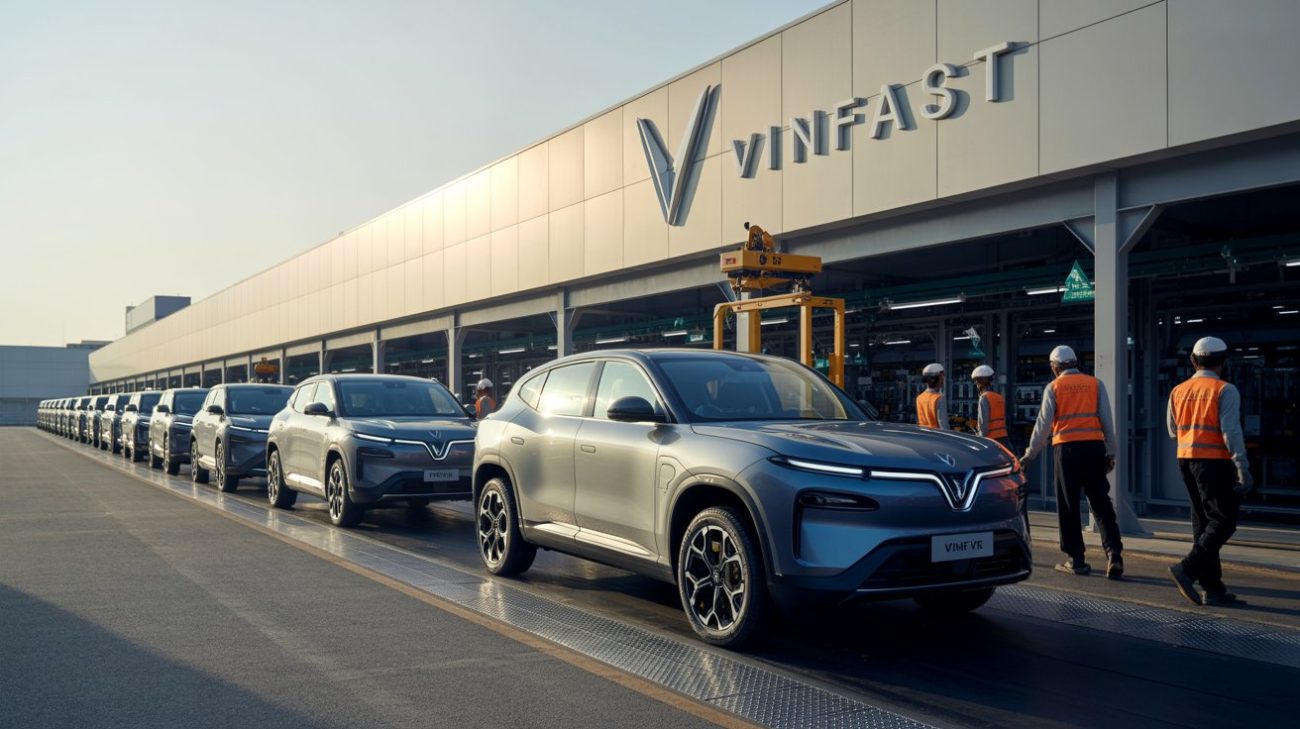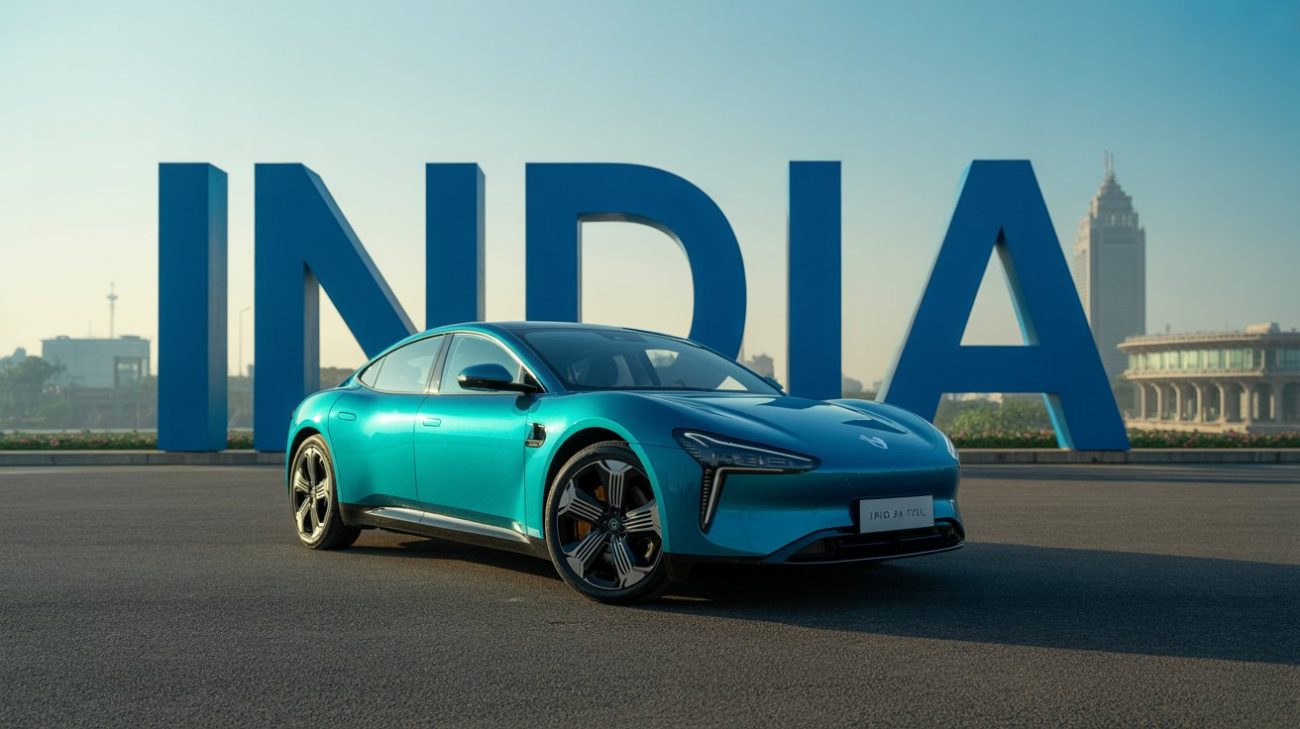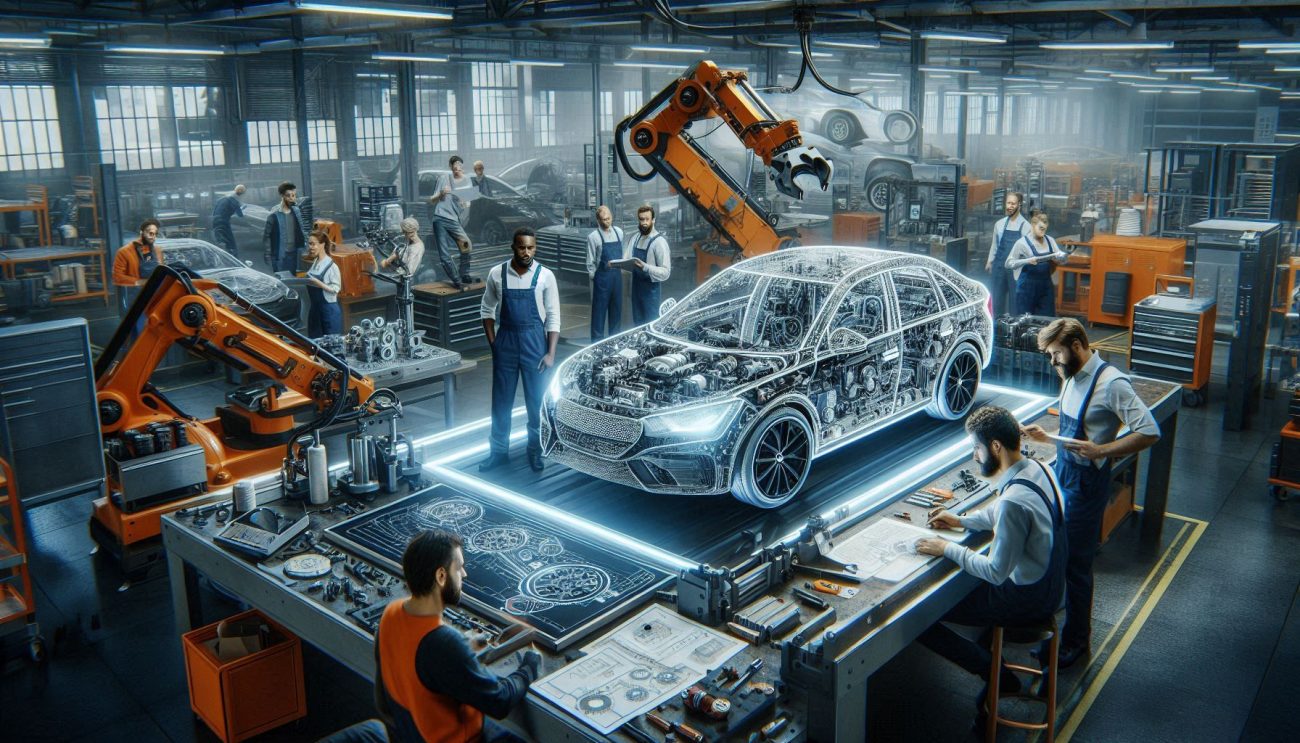Will India Become the Next Global EV Manufacturing Hub?
Imagine a $10 billion investment poised to transform India’s electric vehicle (EV) landscape—could this be the turning point for the country’s green mobility ambitions? In early 2025, reports surfaced about Chinese EV giant BYD’s plans to set up a massive manufacturing facility near Hyderabad, sparking excitement and debate across the industry. But what’s the real story behind these headlines? This blog post delves into the details of BYD’s reported $10 billion investment in Indian manufacturing, separates fact from fiction, and explores the challenges and opportunities for India’s EV sector.
Key Points: BYD’s $10 Billion Investment in Indian Manufacturing
1. The Reported Investment and Its Scale
-
$10 Billion Vision: Multiple media outlets, citing sources like The Philox, reported that BYD was considering a massive Rs 85,000 crore ($10 billion) investment in a manufacturing facility near Hyderabad.
-
Plant Capacity: The proposed facility would cover over 500 acres, with plans to produce 600,000 electric vehicles annually by 2032 and a 20 GWh battery manufacturing unit.
-
Localisation Benefits: Establishing a local manufacturing base would help BYD reduce costs, avoid high import duties, and make its EVs more affordable and competitive in India’s growing market.
2. The Reality Check: Official Denials and Regulatory Hurdles
-
Company Statement: BYD officially denied the investment reports, calling them “untrue” and clarifying that no agreement or final decision had been made.
-
Previous Rejection: In 2023, the Indian government rejected a $1 billion joint proposal from BYD and its local partner, Megha Engineering and Infrastructures Ltd (MEIL), to set up an EV plant in Telangana, citing regulatory and national security concerns.
-
Current Presence: BYD continues to operate in India through imported vehicles and a partnership with MEIL’s Olectra Greentech for electric buses, but has not established a large-scale EV manufacturing plant.
3. Why Hyderabad? Government Support and Incentives
-
State Government’s Role: The Telangana government reportedly pledged full support, including land allocation and incentives such as full exemption from road tax and registration fees for EVs until December 31, 2026.
-
Strategic Location: Hyderabad and its surrounding regions are emerging as key hubs for EV and battery manufacturing, attracting global players.
4. Challenges and Market Dynamics
-
Regulatory Barriers: Indian authorities have maintained a cautious stance on large Chinese investments, especially in critical sectors like EV manufacturing, due to national security and geopolitical concerns.
-
Competitive Landscape: BYD’s potential entry comes as Tesla is also exploring manufacturing options in India, intensifying the race for market share.
-
Visa and Operational Issues: BYD has faced challenges such as visa restrictions for top executives, complicating negotiations and project planning.
5. Real-Time Example: The Impact of Local Manufacturing
-
Cost Reduction: Companies like BYD, if they establish local manufacturing, can significantly lower vehicle prices, making EVs more accessible to Indian consumers.
-
Job Creation and Skill Development: A large-scale plant would create thousands of jobs and boost the local economy, aligning with India’s “Make in India” initiative.
Building Trust: Experience, Expertise, and Authoritativeness
-
Accurate Information: All claims are backed by reputable sources and official statements, ensuring readers receive reliable, up-to-date information.
-
Transparency: The blog acknowledges both the potential and the challenges, providing a balanced view that reflects the complexity of foreign investment in India’s EV sector.
-
Real-Time Relevance: The post references recent developments, including BYD’s official denial and the ongoing regulatory environment, to keep the content current and actionable.
Conclusion
While the idea of a $10 billion BYD manufacturing plant in India has captured the imagination of industry watchers, the reality is more nuanced. The Indian government’s cautious approach to Chinese investments, combined with BYD’s official denials, suggests that such a facility is not imminent. However, the ongoing interest from global EV giants highlights India’s growing importance in the global EV supply chain. For now, the market waits—and watches—for the next big move in India’s electric mobility journey.












